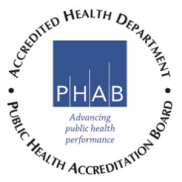Why Should I Call the Health Department If I Think Some Food Made Me Sick?
If you think you got sick from food you ate at a restaurant or from food you bought at a grocery store, it is important to call the health department so we can talk with you to determine whether food may have made you sick. If it appears that food may be the cause of your digestive system illness, the health department can conduct an investigation to determine whether other people have become sick and whether they have eaten food at the same restaurant or have eaten the same types of food purchased from a grocery store. If several people ate at the same restaurant, the health department can inspect the restaurant and require that any problems are corrected. If the possible cause of your illness is eating processed food, fruits or vegetables from a grocery store, the health department will work with other agencies and the CDC to determine if a specific food needs to be recalled. In short, reporting your digestive illness to the health department may prevent others from becoming ill.
Contact the ADH Foodborne Disease Section.
Contact your Local Health Unit.
Foodborne Illnesses
Foodborne illnesses are caused by eating food or drinking beverages contaminated with bacteria, parasites, or viruses. Harmful chemicals can also cause foodborne illnesses if they have contaminated food during harvesting or processing. Foodborne illnesses can cause symptoms that range from an upset stomach to more serious symptoms, including diarrhea, fever, vomiting, abdominal cramps, and dehydration. Most foodborne infections are undiagnosed and unreported, though the Centers for Disease Control and Prevention estimates that every year about 48 million people in the United States become ill from pathogens, or disease-causing substances, in food. Of these people, about 3,000 die.
Reporting Foodborne Illnesses
In most counties, the public health department has asked doctors and clinical laboratories to notify them when certain diseases are diagnosed. These typically include infections with Salmonella, E. coli O157:H7, Campylobacter, Shigella, Listeria and other foodborne diseases, as well as tuberculosis, and many other communicable diseases. This is done to detect outbreaks, and to protect public health. If you have a notifiable disease your local health unit may have been notified, and may call you to make sure that you are improving and to learn more about how you might have caught it, as well as to advise you about how to keep it from spreading any further.


